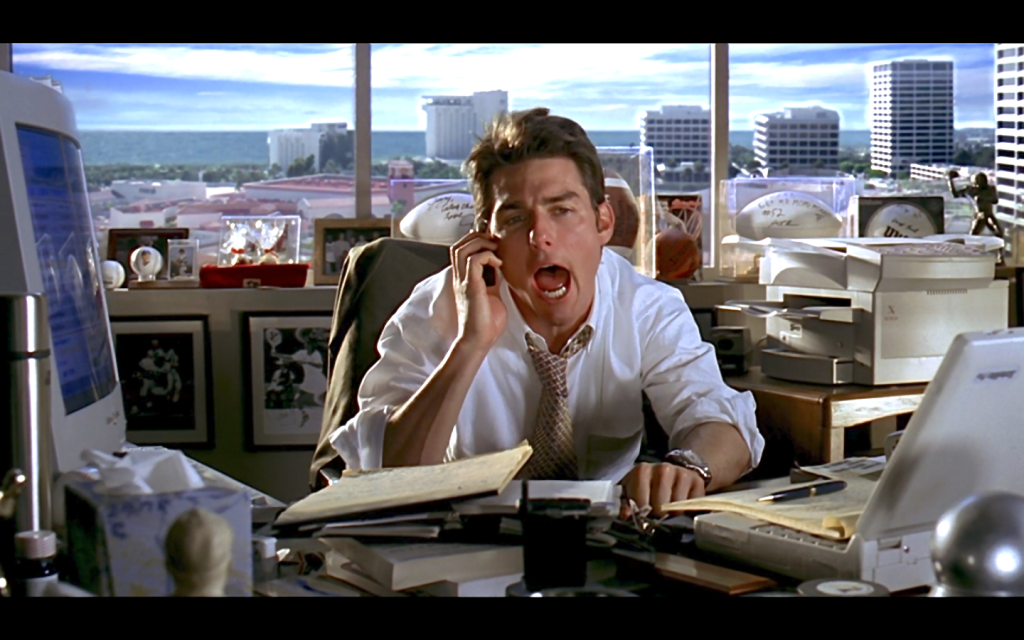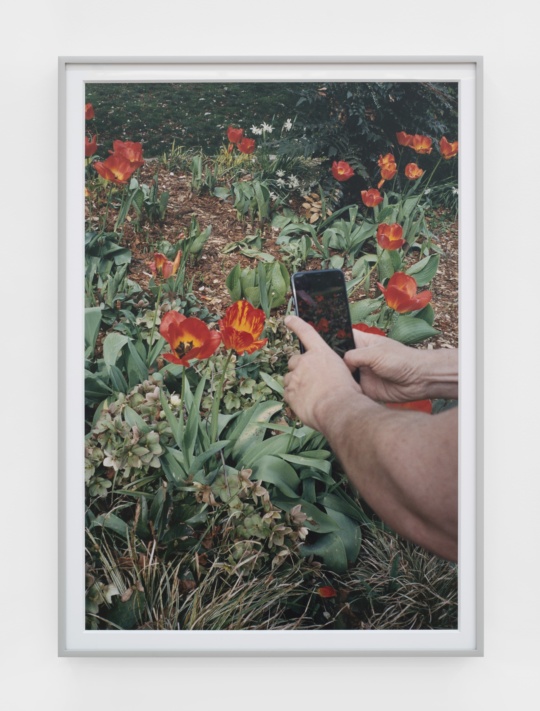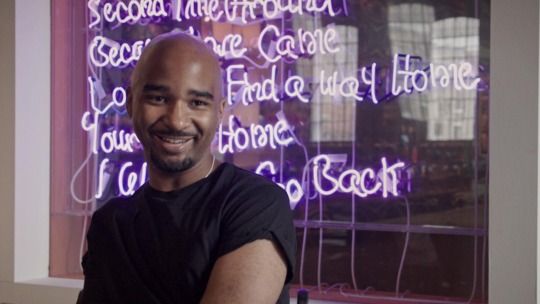
Dear BURNAWAY,
I don’t have gallery representation, so I’m looking into art agents and PR reps. Is this worthwhile? How does the art world feel about artists working through agencies?
One-Man-Show
Dear One-Man-Show,
Thanks for writing in with this question. Every artist, musician, and writer is familiar with your situation. These days, we are all are expected be our own business, publicist, agent, publisher, editor, producer, and secretary. So it’s no wonder we desperately desire some assistance, an entity to relieve even just a fraction of the multitasking chaos required to stay afloat as a creative person in the age of downsizing and digitalization. But this issue isn’t an easy one to wade through. There are pros and cons of enlisting an agent to do your bidding.
Last week, I came across an artist submission letter written by a PR agent that pretty much exemplifies what I want to convey to you. For the sake of anonymity, let’s call the artist Paints McGee. The agent writes:
“I am pleased to attach images and information about the acclaimed artist, Paints McGee, for your gallery consideration. McGee has worked with oils on canvas for years and his collections number around 600. Last year he was honored with a major show and catalogue by Wild West State University.”
First off, there’s something suspect about the term “acclaimed artist”; it feels like overselling. The words don’t land well from the beginning, which impacts the initial impression of the artist himself. Same goes for “renowned.”
Secondly, does anyone know what the second sentence means? Because I sure don’t. He has collected 600 of something? He has made 600 paintings? 600 collectors have bought his work? Ugh.
There’s nothing inherently wrong with artist agents; some of them are effective. But when they are bad, they can be really bad. Adding a poor middleman can subtract a crucial human element that is highly beneficial in most scenarios.
One idea going through your head might be that, since you don’t have a gallery yet, you’ll look more serious if you have an agent. But that’s not true. (No offense, agents!) Sometimes it’s even the opposite.
I asked Zeitgeist gallery director Lain York to weigh in on the topic, too. “It’s a convoluted situation,” he said. “Reps are great for artists, I’ve heard, when related to the publishing industry. The ones we usually encounter have been hyped-up and their artists stilted/uninteresting and totally removed from a studio or networked conversation. Most any gallery will want to work with the artist directly in terms of getting what they need (work, information, etc.) and a third party makes that very messy.” He then added, “On the other hand, I’m all for a professional tier that is going to help navigate the current clime for studio artists.”

When it comes to galleries in this region, I’d bet most of them would rather receive a letter directly from the artist, stating why they are interested in the gallery and how they would be a good fit, as opposed to an agent discernibly trying to hype up an artist’s work. Same goes for curators. However, on the other hand, an artist needs to focus on their studio practice; endless hours marketing oneself takes away from that. What is an artist without a gallery to do?
It’s worth considering the widely read William Deresiewicz article published a couple of months ago in the Atlantic, “Death of the Artist—and the Birth of the Creative Entrepreneur.” He writes:
Creative entrepreneurship, to start with what is most apparent, is far more interactive, at least in terms of how we understand the word today, than the model of the artist-as-genius, turning his back on the world, and even than the model of the artist as professional, operating within a relatively small and stable set of relationships. The operative concept today is the network, along with the verb that goes with it, networking. A Gen‑X graphic-artist friend has told me that the young designers she meets are no longer interested in putting in their 10,000 hours. One reason may be that they recognize that 10,000 hours is less important now than 10,000 contacts.
Contacts and building a personal network are a hugely important part of being an artist today. It ain’t pretty for us introverts out there, but that’s how it is. Whether you have an expansive network or a small one, having an agent in charge of building your contacts seems antiquated and potentially ineffective for your “personal brand” (unless you’re a big name and seriously cannot manage your affairs by yourself).
Another potentially negative facet to agentry is that they sometimes hound media outlets to cover their artists’ shows instead of leaving it up to the exhibiting gallery, as that is ultimately the gallery’s territory. Most publications have stable relationships with the curators/PR departments of local galleries and exhibition spaces, and rely on them for press releases, images, and timely information. How a gallery chooses to present and talk about an exhibition is usually a much thought-out, structured decision. If an artist’s agent undercuts the gallery by approaching the media themselves, it can come off as weaselly, or at the very least, just plain annoying.
So I’d say if you really need help managing your affairs, One-Man-Show, then go ahead and hire an agent, but be aware of exactly what they’re writing and how they’re presenting you and your work. Make sure they are careful wordsmiths, who represent other artists whose work you appreciate. And if you do sign with a gallery, nix the agent and let your gallery do the promotional footwork for you.
Sara Estes is a writer and curator based in Nashville, Tennessee. She currently works at David Lusk Gallery and is the former gallery coordinator for the Carl Van Vechten and Aaron Douglas Galleries at Fisk University. She is also the apprentice to renowned paintings conservator Cynthia Stow of Cumberland Art Conservation. Estes is the cofounder and curator of the Nashville-based contemporary exhibition space, Threesquared. Her writing and art criticism has been featured in numerous publications, including BURNAWAY, Number, Nashville Scene, Nashville Arts Magazine, ArtsNash, and ArtNow.
I Don't Have a Gallery. Do I Need a PR Agent?
Related Stories
Reviews
Art21 x Burnaway
Features
A Landscaped Longed For: The Garden as Disturbance at the Crisp-Ellert Art Museum, St. Augustine
Christopher Stephen reviews the visual metaphors of the garden found in A Landscape Longed For: The Garden as Disturbance at the Crisp-Ellert Art Museum, St. Augustine.
The Incredulity of Jacolby Satterwhite
In April's Art21 x Burnaway feature, we enter and explore the resurrection, rebirth, and regenerative quality of Jacolby Satterwhite's virtual worlds.
Fictions More Precious by Rodell Warner at Big Medium, Austin
Natalie Willis Whylly explores memory, colonial archives, and encounter in Rodell Warner's Fictions More Precious at Big Medium, Austin.




